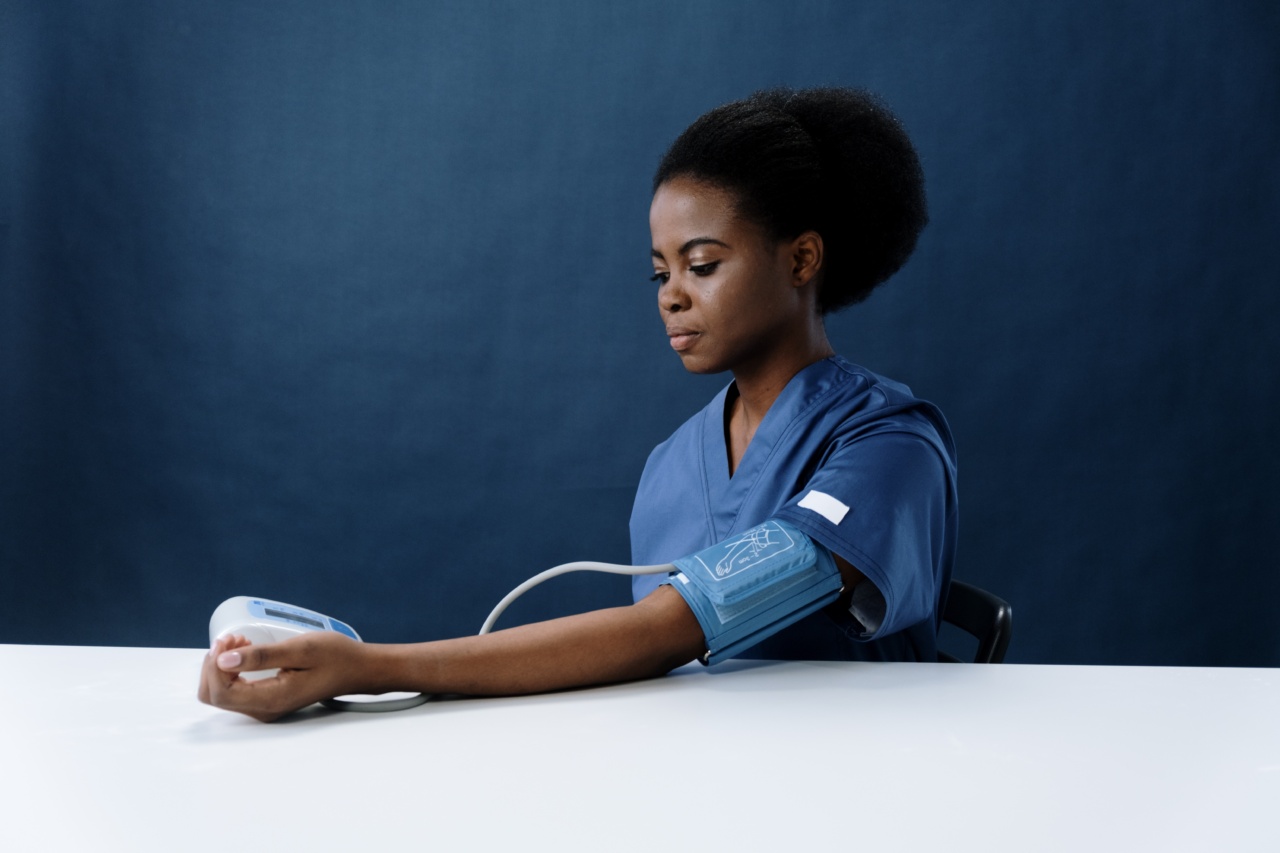Hypertension, otherwise called high blood pressure, is an incredibly common condition that affects millions of people worldwide.
It is often referred to as a silent killer because it usually has no symptoms but can lead to serious health problems such as heart disease, stroke, and kidney failure. In this article, we will explore the causes of hypertension and how to manage it in order to maintain healthy blood pressure levels.
What is Hypertension?
Hypertension is a condition that occurs when the blood pressure in your arteries is consistently higher than normal levels. Blood pressure is measured in millimeters of mercury (mm Hg) and is expressed as two numbers, systolic and diastolic pressure.
Systolic pressure refers to the force of blood that pumps through your arteries each time your heart beats, while diastolic pressure refers to the force of blood that flows when your heart is at rest between beats.
When your blood pressure is consistently above 140/90 mm Hg, you are said to have hypertension. The condition can be categorized into two types: primary (essential) hypertension and secondary hypertension.
Primary hypertension is the most common type, and its cause is unknown. Secondary hypertension, on the other hand, is caused by an underlying condition such as kidney disease, sleep apnea, or hormonal disorders.
Causes of Hypertension
The causes of hypertension are not always clear. In some cases, the condition is inherited from family members. Factors that contribute to the development of hypertension include:.
- Age: As you get older, your risk of developing hypertension increases.
- Obesity: Excessive weight puts extra pressure on your heart and blood vessels.
- Smoking: Smoking damages your blood vessels and makes them less elastic.
- Inactivity: Lack of exercise contributes to the development of hypertension.
- Stress: Long-term stress can raise blood pressure levels.
- Sodium intake: Consuming a diet high in sodium can increase blood pressure levels.
Symptoms of Hypertension
Most people with hypertension don’t experience any symptoms. That’s why it’s essential to have your blood pressure checked regularly. Symptoms that are associated with severe hypertension or a hypertensive crisis include:.
- Headaches
- Shortness of breath
- Nosebleeds
- Severe anxiety or chest pain
Managing Hypertension
If you have hypertension, there are a variety of lifestyle changes and medications that can help maintain healthy blood pressure levels. Here are some tips:.
Lifestyle Changes
Incorporating healthy habits into your daily life can make a significant difference in your blood pressure levels. Here are some changes you can make:.
- Exercise regularly: Exercise helps keep your heart healthy and can reduce blood pressure levels.
- Eat a balanced, healthy diet: Eating a diet rich in fruits, vegetables, and whole grains can improve blood pressure levels.
- Reduce salt intake: Consuming less than 2,300 milligrams of sodium per day can help lower blood pressure levels.
- Lose weight: Even a small amount of weight loss can improve blood pressure levels.
- Quit smoking: Quitting smoking can improve blood pressure levels and overall cardiovascular health.
- Limit alcohol intake: Drinking more than one drink per day for women or two drinks per day for men can raise blood pressure levels.
- Manage stress: Reducing stress through relaxation techniques like meditation and yoga can help lower blood pressure levels.
Medications
In addition to lifestyle changes, your doctor may prescribe medication to help lower your blood pressure. Some common medications include:.
- Diuretics, which help get rid of excess fluid and salt in the body
- ACE inhibitors, which relax blood vessels and lower blood pressure
- Beta-blockers, which reduce the workload on the heart
- Calcium channel blockers, which help relax blood vessels and reduce blood pressure
- Renin inhibitors, which block the production of renin, a substance that can raise blood pressure
Preventing Hypertension
Although hypertension is a common condition, there are things you can do to reduce your risk of developing it. Here are some tips:.
- Maintain a healthy weight
- Exercise regularly
- Eat a healthy diet
- Reduce salt intake
- Avoid smoking and limit alcohol intake
- Manage stress
- Get regular blood pressure checkups
Conclusion
Hypertension is a serious condition that can lead to severe health problems if left untreated. Fortunately, there are lifestyle changes and medications that can help maintain healthy blood pressure levels.
Incorporating healthy habits into your daily routine is crucial for preventing and managing hypertension. Remember to talk to your doctor if you have any concerns about your blood pressure.




























